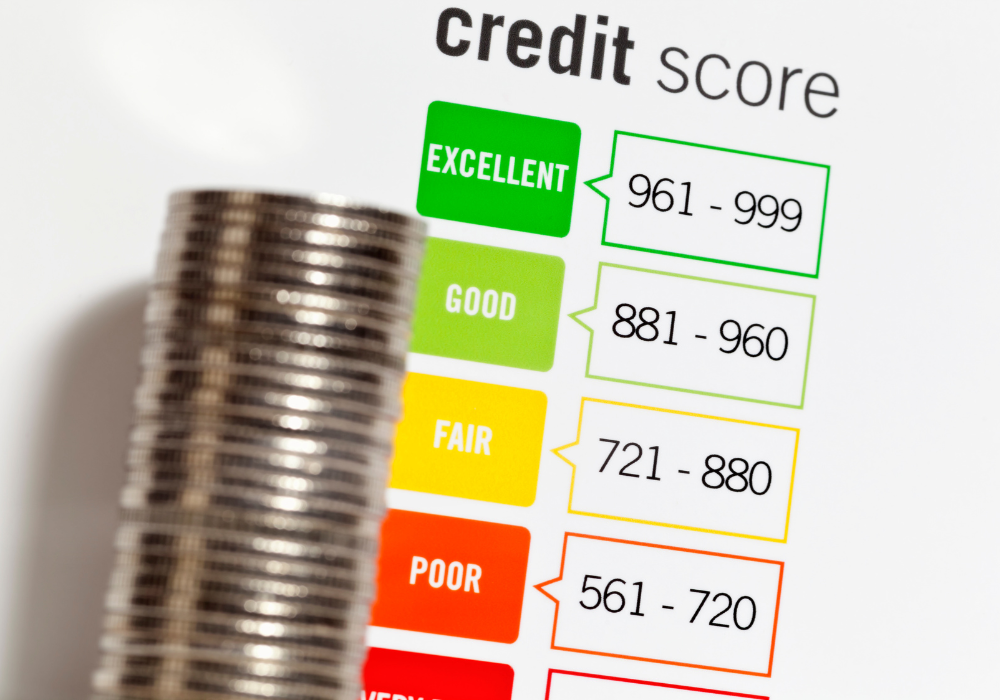Raising a family isn’t cheap. Between groceries, bills, school fees, and the occasional emergency trip to the dentist, money can stretch thin—fast.
That’s why having a strong financial foundation isn’t just smart. It’s necessary.
But here’s the good news: building that foundation isn’t about being wealthy or working 80-hour weeks. It’s about making simple, smart choices that protect your family today and set you up for tomorrow.
Let’s walk through what it really takes to create a future-proof money plan for your family.

1. Start with a Clear Picture of Your Finances
Before making any big money moves, get honest about where things stand right now.
Open up your bank app, list your debts, check your income, and track your spending for a month. You don’t need fancy spreadsheets—just know what’s coming in and where it’s all going.
This simple step helps you find areas where you’re overspending and shows what you can realistically save.
You can start by making a few smart financial moves that help you regain control and set a realistic direction.
2. Build an Emergency Fund First
Unexpected things happen. The washing machine breaks. The car dies. Someone loses a job.
Having an emergency fund means you won’t need to reach for your credit card every time life throws a curveball.
Start by saving $500, then work your way up to 3–6 months’ worth of essential expenses. Keep it in a savings account you can access easily but not so easily that you dip into it for weekend takeout.
3. Budget Like Your Future Depends on It (Because It Does)
Budgeting isn’t about restriction—it’s about direction.
When you tell your money where to go, you’ll feel more in control. Use a budget to cover your needs first, then savings, and lastly, the nice-to-haves.
There are apps and tools that make budgeting easier than ever. Pick one that works for you, whether it’s a notebook, an app, or a spreadsheet.
Set reminders for due dates and automate what you can—like bills or savings transfers. The more you automate, the fewer chances you’ll slip up.
If you’re new to this, check out our guide to budgeting and saving for beginners to build a money routine that lasts.
4. Get Rid of High-Interest Debt
Carrying high-interest debt is like running with weights tied to your legs. You’re working hard, but getting nowhere.
Credit cards, payday loans, and unpaid personal loans can eat up your income. Focus on paying down the smallest or highest-interest debts first—whichever keeps you motivated.
Debt consolidation might be a helpful option, especially if you’re juggling multiple payments. Just make sure the interest rate is lower and the terms are fair.
5. Save for Education Early
If you have kids and you’re hoping to support their education, the earlier you start saving, the better.
Even modest monthly contributions to a dedicated education savings account can grow over time through interest or investment returns.
In many countries, there are tax-advantaged accounts specifically for education. Look into what your country offers and set one up if available.
You can even let family and friends contribute during birthdays and holidays instead of more toys.
6. Organise Your Financial Documents
It’s easy to lose track of paperwork when life gets busy. But keeping your financial documents in order saves time, stress, and sometimes money.
Use a filing cabinet or digital storage system for things like tax returns, bank statements, insurance policies, and wills.
Save digital versions as PDFs so they keep their format, and use folders to group them by category. Label everything clearly so anyone in your family can find what they need if you’re not around.
7. Think About Insurance as Protection, Not a Burden
Insurance isn’t just a bill. It’s a backup plan. Health insurance, life insurance, and disability coverage protect your family from financial disaster.
Life insurance is especially important if others depend on your income. A term policy is often affordable and provides peace of mind.
Also, don’t ignore insurance add-ons like family income riders or child coverage. These might be worth considering depending on your situation.
8. Align Your Investments With Your Values
When your investments match your personal and family values, they feel more meaningful—and they might even inspire you to stay consistent.
More platforms now offer socially responsible or ethical investment options. These focus on companies that care about the environment, fair treatment of workers, or strong governance.
Speak to a financial advisor if you’re unsure how to get started, or do your own research on what your money is really funding.
9. Plan for the Long Run with an Estate Plan
This is where mastering the art of financial planning can give you a strong edge when preparing for long-term stability.
Write a will, name guardians for your kids, and assign someone to make decisions if you ever can’t.
In some countries, setting up a trust might also make sense—especially if you want to avoid probate or manage assets long-term.
Keep your plan updated after major life events like births, deaths, or divorces.
10. Talk Openly About Money as a Family
Money isn’t a taboo topic—it’s a life skill.
Talk about saving, spending, and goals with your partner and kids. Set joint financial goals, celebrate progress, and share lessons when mistakes happen.
Teaching kids about money early helps them grow into confident, responsible adults.
Plus, having honest conversations reduces financial stress and helps everyone stay on the same page.
Final Thought
You don’t need to be perfect with money. You just need to be consistent. The best financial foundations are built one choice at a time. Start small. Adjust when life changes. Stay committed to following a step-by-step path to financial freedom that aligns with your family’s needs.
Your future self—and your family—will thank you.
What matters most isn’t how much you earn, but how wisely you use it. Even small steps today can lead to a much safer and happier tomorrow.
So take a breath, make a plan, and keep moving forward—your family’s future is worth it.
FAQs
Q: How much should I have in an emergency fund?
A: Start with $500 to $1,000, then aim for 3 to 6 months of essential expenses. Adjust based on your job security and lifestyle.
Q: What’s the best way to save for my child’s education?
A: Use a dedicated education savings account. Many countries offer government-backed options with tax benefits. Start early and contribute regularly.
Q: Do I need life insurance if I’m young and healthy?
A: If anyone relies on your income or you have debt, yes. Premiums are cheaper when you’re younger, and it offers peace of mind.
Q: What if I can’t afford to invest right now?
A: That’s okay. Focus on paying off debt and building your emergency fund first. Once you’re stable, you can start small with investing.
Q: How often should I review my financial plan?
A: At least once a year or after any big life change—like marriage, having a baby, or changing jobs.










